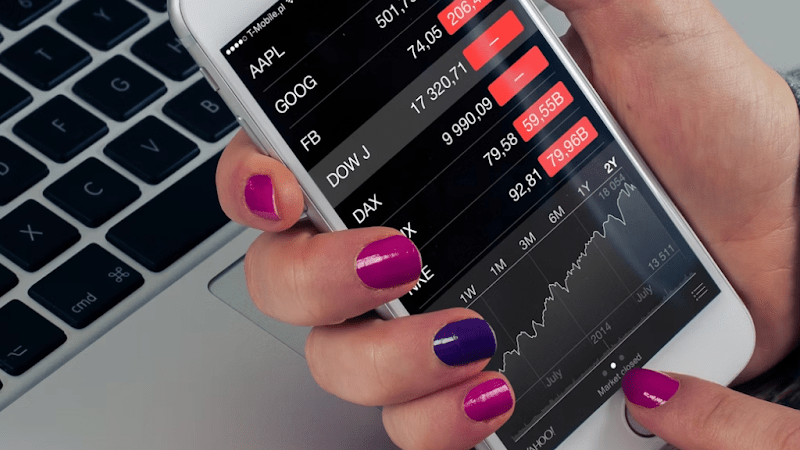In the past, accounting used to be a tedious and time-consuming task for small business owners. They had to manually record every transaction, track expenses, and income, and create financial statements.
However, with the advancement of technology, accounting has become more accessible and manageable for small businesses. Accounting software has enabled small business owners to keep track of their finances efficiently and accurately.
This guide will discuss the benefits of using accounting software for your small business and how it can empower you to make better financial decisions.
Why Use Accounting Software?
There are many reasons why having the best accounting software is essential for your small business. Here are some of the top benefits:
Increased Accuracy
One of the most significant advantages of using accounting software is increased accuracy. Manual bookkeeping has a higher chance of errors, such as transposing numbers or forgetting to record a transaction. These mistakes can lead to inaccurate financial statements and decision-making.
On the other hand, with accounting software, all transactions are automatically recorded and calculated. This significantly reduces the risk of error, ensuring your financial records are accurate.
Time and Cost Savings
Accounting software can save you both time and money. As a small business owner, you have numerous responsibilities to take care of, and manual bookkeeping takes up a significant amount of time. With accounting software, many processes are automated, such as data entry and report generation, saving you time that can be better spent on other aspects of your business.
Using accounting software also eliminates the need for hiring a professional bookkeeper, saving you money in the long run.
Easy Access to Financial Information
With manual bookkeeping, finding specific financial information can be tedious and time-consuming. However, accounting software stores all your financial data in one place, making it easy to access and retrieve when needed.
Further, most accounting software allows you to generate reports instantly, giving you a real-time view of your business’s financial health. This allows for better decision-making and quickly identifying potential issues or opportunities.
Better Financial Management
The primary purpose of accounting is to track the financial health of a business. With accounting software, you can access various financial reports and analysis tools, providing valuable insights into your business’s performance.
You can track expenses, revenues, cash flow, and other important financial metrics to make informed decisions about budgeting and investments. This also allows for more efficient tax preparation and filing.
Centralized Data Storage and Security
Using accounting software means all your financial data is stored in one centralized location, making it easier to manage and backup. This reduces the risk of losing important financial information due to manual errors or accidents.
Additionally, most accounting software has security features such as encryption and password protection, ensuring your sensitive financial data remains secure from potential threats.
Simplified Collaboration
Accounting software makes collaboration easier and more efficient if you have a team working on your business’s finances. Multiple users can access the same financial data simultaneously, making it easy to share information and work together in real-time.
This eliminates the need for constant communication or passing physical records back and forth, reducing the risk of miscommunication or errors. It also allows for better delegation of tasks and tracking progress, streamlining the overall financial management process.
Better Financial Analysis and Planning
With the help of accounting software, you can easily generate financial reports and perform in-depth analysis to better understand your business’s financial standing. This includes profit and loss statements, balance sheets, cash flow statements, and more.
Having access to this information allows for better financial planning and decision-making. You can identify areas of improvement, anticipate potential financial risks, and make strategic business decisions based on concrete data.
How to Choose the Right Accounting Software
When choosing accounting software for your business, there are a few key factors to consider. These include:
- Cost and Scalability: Look for software that fits within your budget and can accommodate the growth of your business.
- Features: Consider what features are essential for your business, such as invoicing, tax preparation, or inventory management.
- Ease of Use: Choose software with a user-friendly interface that is easy to navigate and understand.
- Support and Training: Ensure the software provider offers you and your team adequate support and training resources.
- Integrations: Consider if the software can integrate with other business tools you use, such as CRM or project management software.
It’s important to thoroughly research and compare different software options before deciding. You may also want to consult your accountant or financial advisor for their recommendations.
Conclusion
Whether you need basic bookkeeping or advanced financial reporting, there is a software solution that can meet your needs. By utilizing accounting software, you can streamline your financial processes, gain insights into your business’s performance, and make informed decisions for the future growth of your company. Remember to carefully consider your options and choose a software that aligns with your business goals and budget.
Read More: How to Choose the Right Social Media Platform for Your Business
















